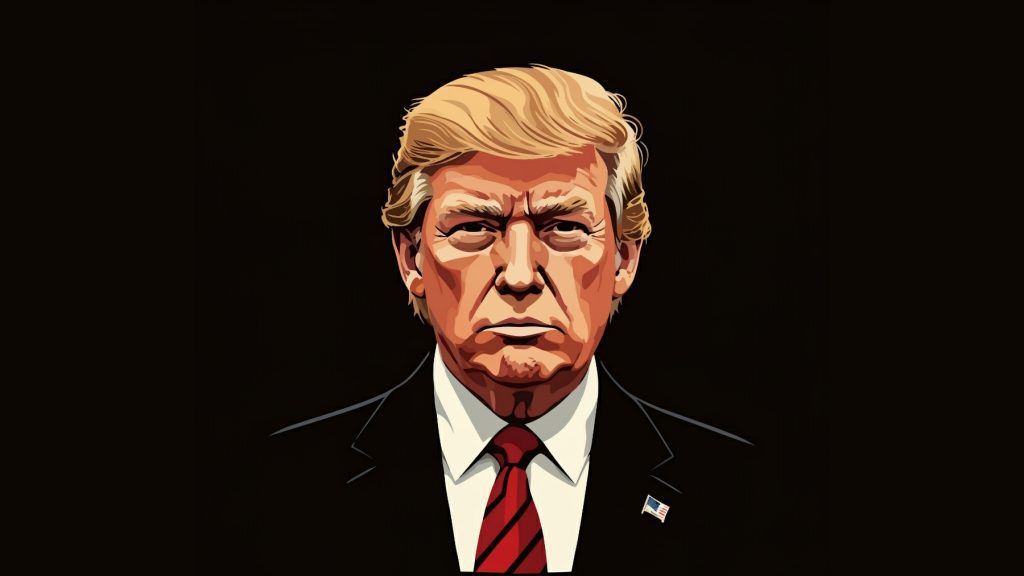
On November 6, Big Tech leaders congratulated President-Elect Donald Trump on his re-election, sparking industry concerns over potential impacts of a Trump second term on antitrust regulations and US-China tech relations.
Donald Trump second term and his return to the White House raises new questions about the tech industry’s future, especially regarding regulatory pressures and the complex trade dynamics of China.
Key among these concerns is the possibility of increased antitrust scrutiny and how that will go forward with tech companies relying so heavily on global supply chains-a particular concern for companies like Apple and Google.
Antitrust Scrutiny Likely to Increase
One of the primary issues Big Tech is likely to face in Trump second term administration is renewed interest in antitrust.
How to prepare for a second Trump term in tech is becoming a frequent question as the Trump administration previously launched investigations into Google, Amazon, Facebook, and Apple, resulting in several high-profile cases filed against them during his first term.
With bipartisan support for regulating Big Tech attracting even more attention by the second, the industry’s observers predict even more scrutiny and legal hurdles ahead.
“Antitrust concerns remain one of the biggest issues looming over Big Tech,” Yahoo Finance’s Daniel Howley added on how Trump’s view on this matter may fall in with the running cases and add more pressure.
More importantly, this antitrust scrutiny could result in further acquisition restrictions, changes in business conduct, and other reforms that constrain the dominance of tech giants in the marketplace.
Trade Tensions with China May Resurface
Another area of concern for the tech industry during Trump’s second term presidency is its business relationship with China.
Trump’s plan for second term had imposed restrictions on companies like Huawei and limited exports of American technology to Chinese firms. With Trump back in office, analysts expect that trade policies targeting China’s tech sector could be revived or expanded.
Such policies might affect US technology firms that have a reliance on manufacturing in China or have wide customer bases in the country.
Trump second term has reconstructed his approach to China, trying to cut back on the reliance upon Chinese-made products, which could spur companies to revisit supply chains. For example, tighter regulations enacted by the administration would have companies like Apple and Tesla, reliant on producing much of their products from manufacturing plants in China, potentially have to face higher production costs or delays.
Tech Leaders Anticipate Change Trump Second Term
The tech industry closely watched the new policy outlines proposed by Trump’s transition team. There are also ongoing discussions about data privacy regulations, another area where stricter laws may be enacted.
Big congratulations to the leaders of Big Tech after the Trump second term win; many remain cautious, however, because his return to office could usher in tighter regulations and challenges to operations overseas.
America is not ready for Trump’s second term because his comeback heralds a potential Big Tech shakeup as antitrust cases begin to surge, with US-China trade relations surely to face fresh tension.